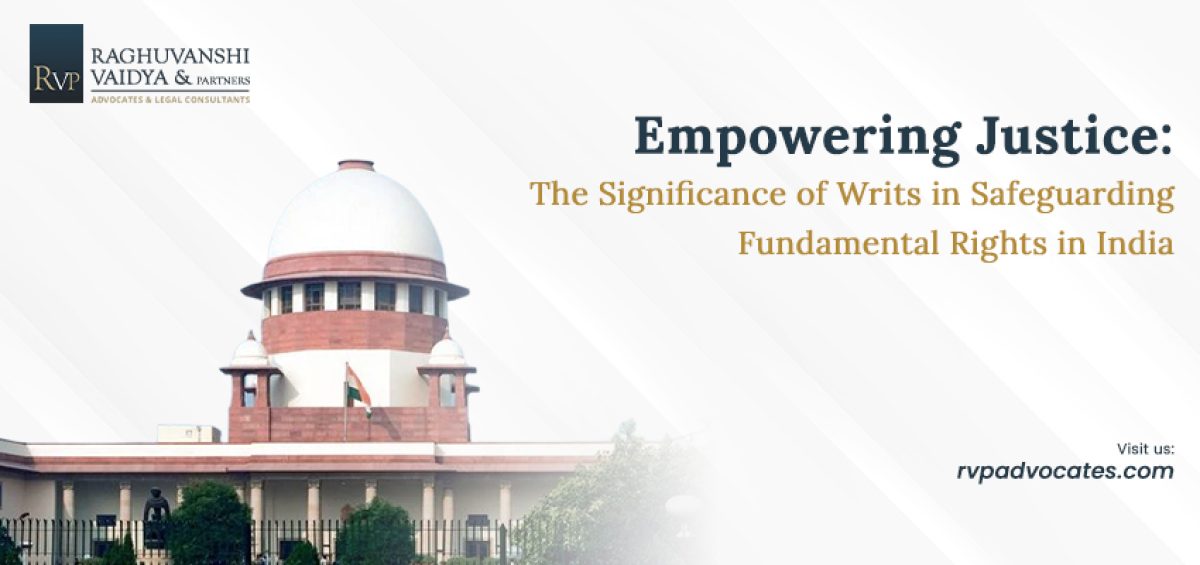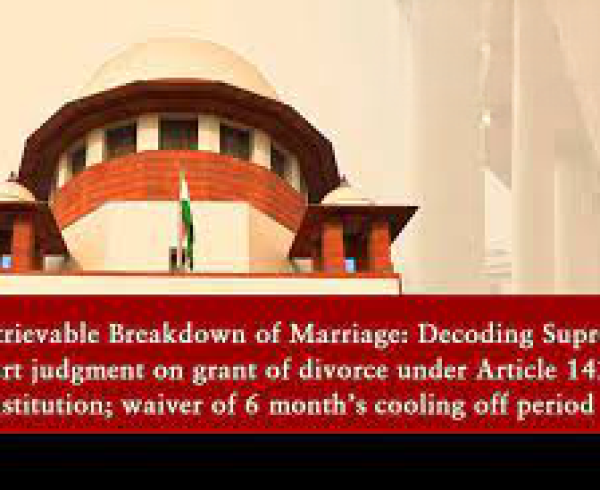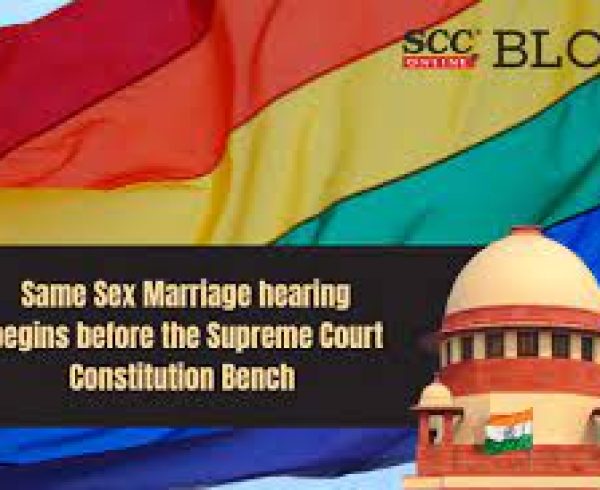Several powers have been granted to the Supreme Court and the High Courts, which they use to provide justice to the people. One of the most important tools or authorities that the constitution has granted the courts is the power to issue writs.
There was broad agreement when India gained its freedom to create a Constitution for the new country. The idea behind this was to build a super-structure that controls the country by placing the power in the hands of the populace, and anytime there is a threat to human rights, the Constitution will rule to protect the defenceless.
The History & Overview
Six fundamental human rights have been incorporated in the constitution in its Part III. The Constitution’s authors understood that just including a list of rights in the document would not be sufficient to protect their legitimacy. Supporters of the drafting committee thus introduced Article 32 under Fundamental Rights, allowing the judiciary to intervene in cases when an individual’s Fundamental Rights are violated, in order to supervise their functioning.
Article-32, the “Heart & Soul of the Constitution,” according to Dr. B. R. Ambedkar, the chairman of the drafting committee. Why shouldn’t it be? Being the fundamental tenet of the Constitution, this article is obligated to uphold justice for a person whose rights have been infringed.
The five writs that the court can use to uphold fundamental rights are outlined in Article 32. A Writ is a written order to act or refrain from acting in a certain way that is issued by any legal authority. Habeas Corpus, Mandamus, Quo-Warranto, Prohibition, and Certiorari are the names of these five writs.
Writs in the Constitution
According to Article 32 of the Indian Constitution, the Supreme Court has the power to issue the Writ. When a citizen’s Fundamental Rights are violated, they are entitled to petition the Supreme Court immediately for the enforcement of their rights under Article 32, and the Court may issue the necessary Writ for doing so.
What is a Writ Petition?
In common law, a writ is a directive issued by a court of law or by a body with judicial or administrative authority to force the execution of a certain act on behalf of a sovereign power. Habeas corpus, mandamus, and surrenders are a few typical contemporary writs that we come with on a regular basis.
A writ petition may be submitted or written under Article 32 of the Indian Constitution to the Supreme Court and under Article 226 of the Indian Constitution to the High Court.
The scope of Articles 32 and 226 of the Constitution is quite broad, and the Indian Supreme Court and High Courts have the authority to issue writs of corpus, mandamus, quo warranto, prohibition, and certiorari, which are deemed necessary to uphold fundamental rights.
The primary distinction between the two articles is that Article 226 can also be invoked when a legal right is broken, but Article 32 is more specialized and only invoked when a fundamental right is breached.
The judiciary invented “Writ compensation,” which is an exceptional remedy. Article 32 is especially significant since no existing legislation covers the definition and range of such compensation. In Keshavananda Bharathi v. State of Kerala, a 13-judge bench ruled that the chapter outlining the fundamental rights accorded to all people is a vital element of our Constitution and cannot be changed being basic structure.
Recently, in a landmark case, the Supreme Court said that the primary goal of the writ is to create and defend the rights while also imposing an essential obligation in the event of a breach. The Court has the option to accept the petition or to reject it. It cannot be granted unless the petitioner can prove that the respondent breached their legal rights in some way. As a result, it just secures the execution of existing recognized rights rather than creating any new ones.
All the Writs are effective tools for protecting individuals’ rights and compelling the government to obey the law.A prompt remedy for the general people is guaranteed by the writs granted by the Constitution. To get the greatest outcome if a right is violated in Indore, Madhya Pradesh, the services of best lawyer in Indore MP High Courtshould be availed because the conducting of writ petition in High Court involves technical and professional legal skills.
Of these Writs, the Mandamus has the most scope. Mandamus can be given in circumstances where there is an authority acting in the course of duty, unlike other Writs that can only be issued in certain circumstances, such as when someone is being unfairly detained (Habeas Corpus) or when a court exceeds its jurisdiction (Certiorari). As a result, each of these Writs has played a critical role in defending the rights of individuals and extending the scope of judicial review.







Leave a Comment